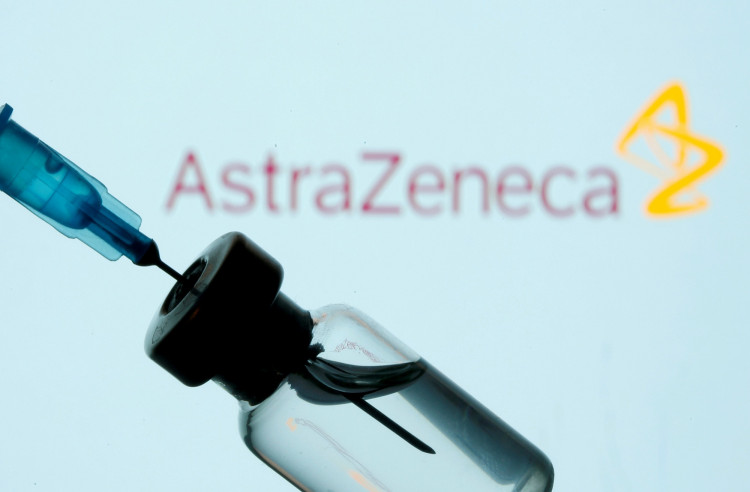Offers in the southern Italian island of Sicily for the Oxford/AstraZeneca COVID-19 vaccine are finding few takers, according to the region's president, Nello Musumeci.
"In Sicily, there is an 80% refusal rate of the AstraZeneca vaccine. Every 100 people, 80 say no," Musumeci said at te weekend, according to media reports.
He added that people's skepticism about the vaccine, recently rebranded as Vaxzevria, is "natural," but they must believe scientists when they tell them that "it is more dangerous not to get vaccinated than to get vaccinated."
A spokesperson for the president attempted to clarify the remarks on Sunday, saying Musumeci intended to say "up to 80%" was rejecting the vaccine, even though certain regions have much lower refusal rates, such as Syracuse, where just 30% apparently feared the vaccine enough to say no.
Mucumeci's announcement follows the European Medicines Agency's recommendation earlier this week that blood clots be identified as a "very rare" side effect of Vaxzevria. It had investigated 86 cases of vaccinated people developing blood clots, 18 of which were fatal.
In response to the recommendation, AstraZeneca stated that it was "actively collaborating with regulators" to "implement these improvements to the product information." The clotting cases were described as "extremely rare events."
Vaxzevria has been halted in many countries.
Only people over the age of 60 should receive the widely distributed vaccine in several countries, including Germany, the Netherlands, the Philippines, Portugal, and Spain, while France and Canada have proposed alternative vaccines for younger people.
Though it is unclear why blood clots can form after vaccination, researchers in Norway and Germany found that those who formed them had antibodies that responded negatively to the vaccine, and they were more common in younger people.
Italy, one of the countries hardest hit by the pandemic, has vaccinated nearly four million people so far, about 6% of its 60 million population.






